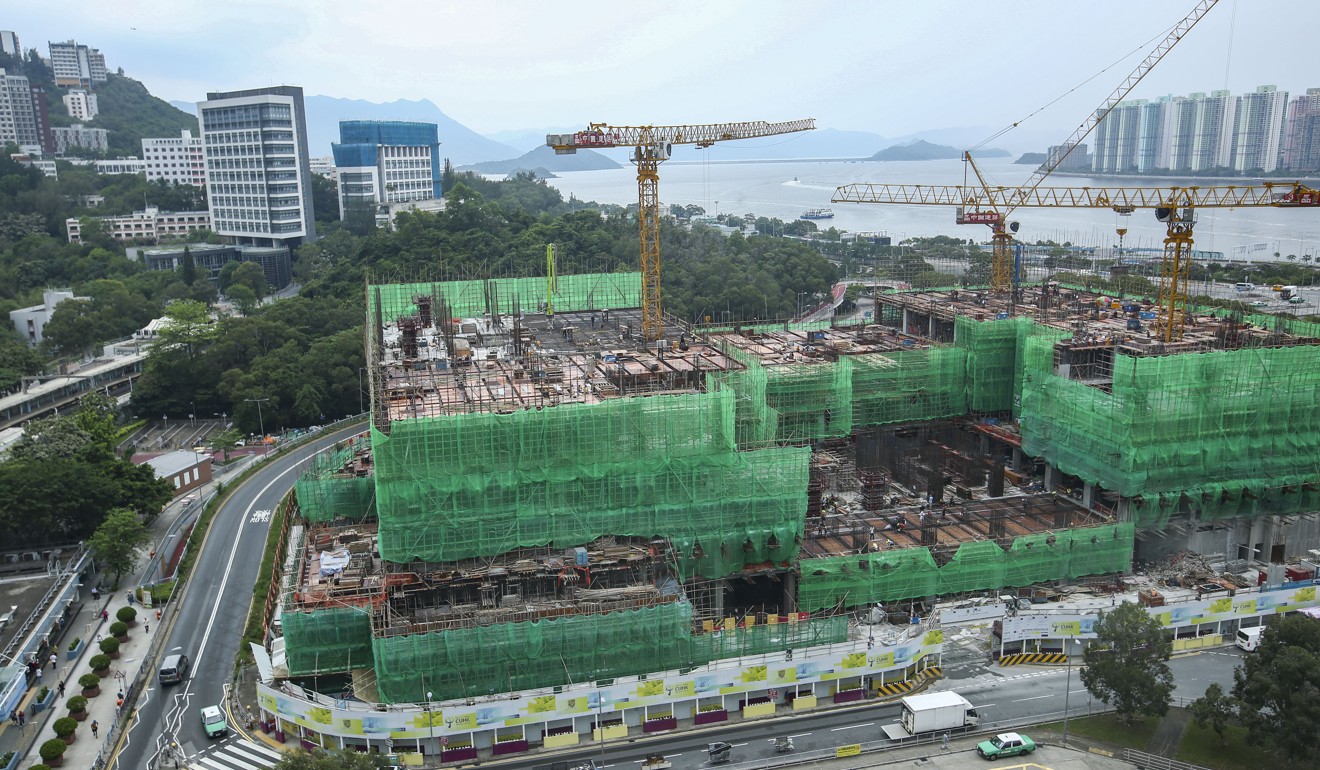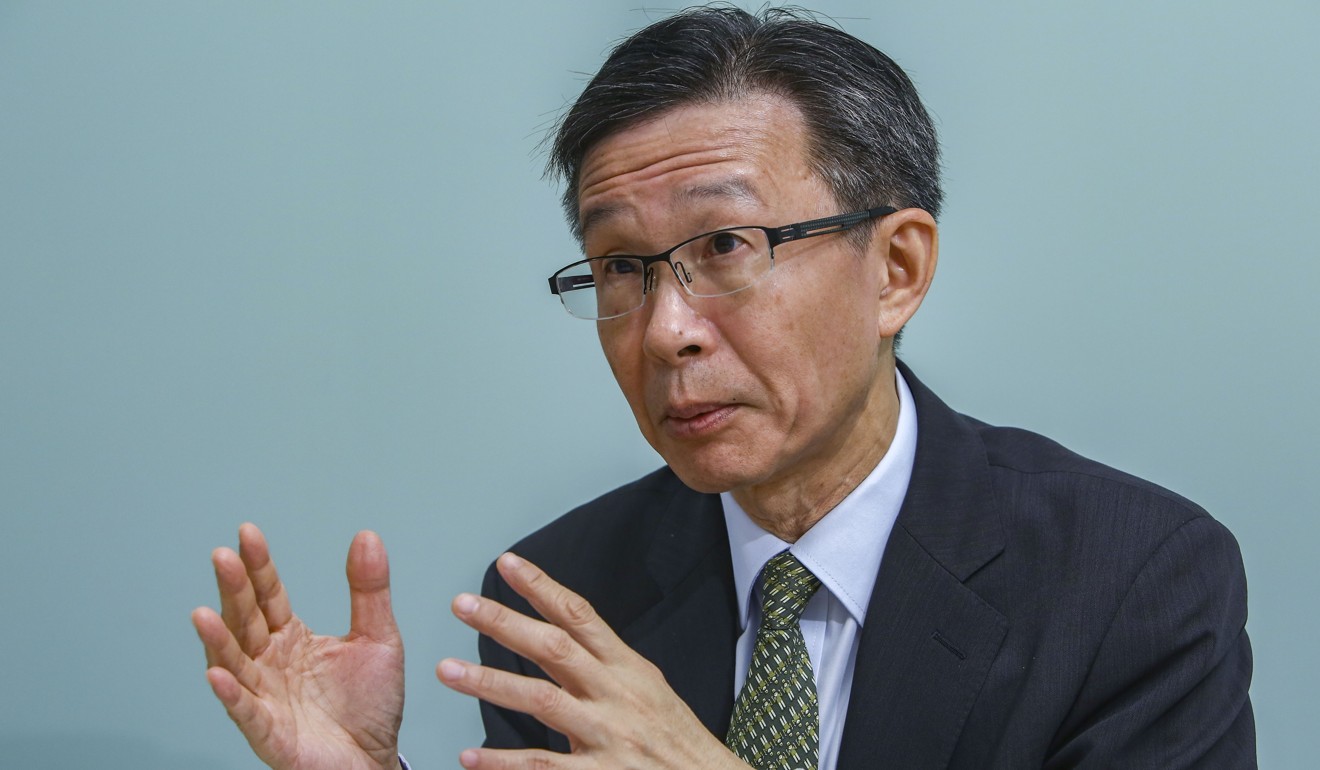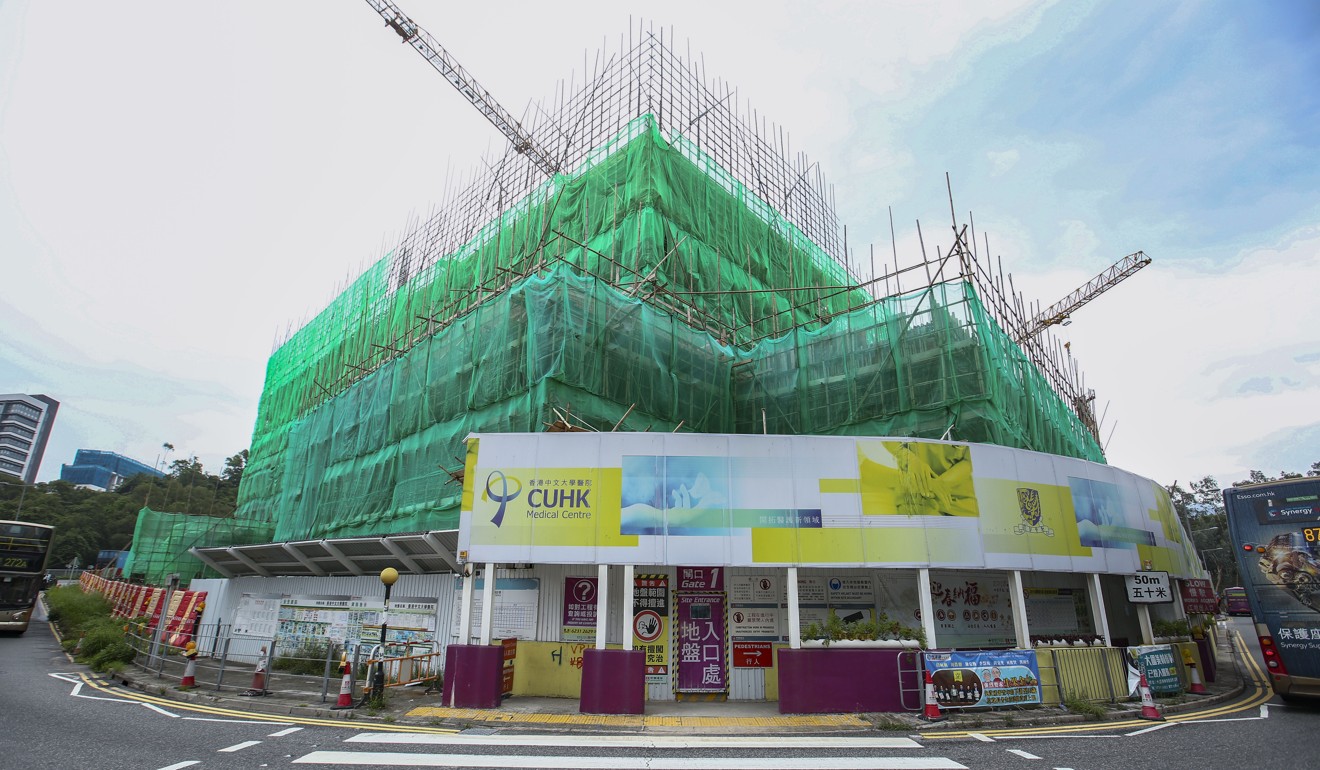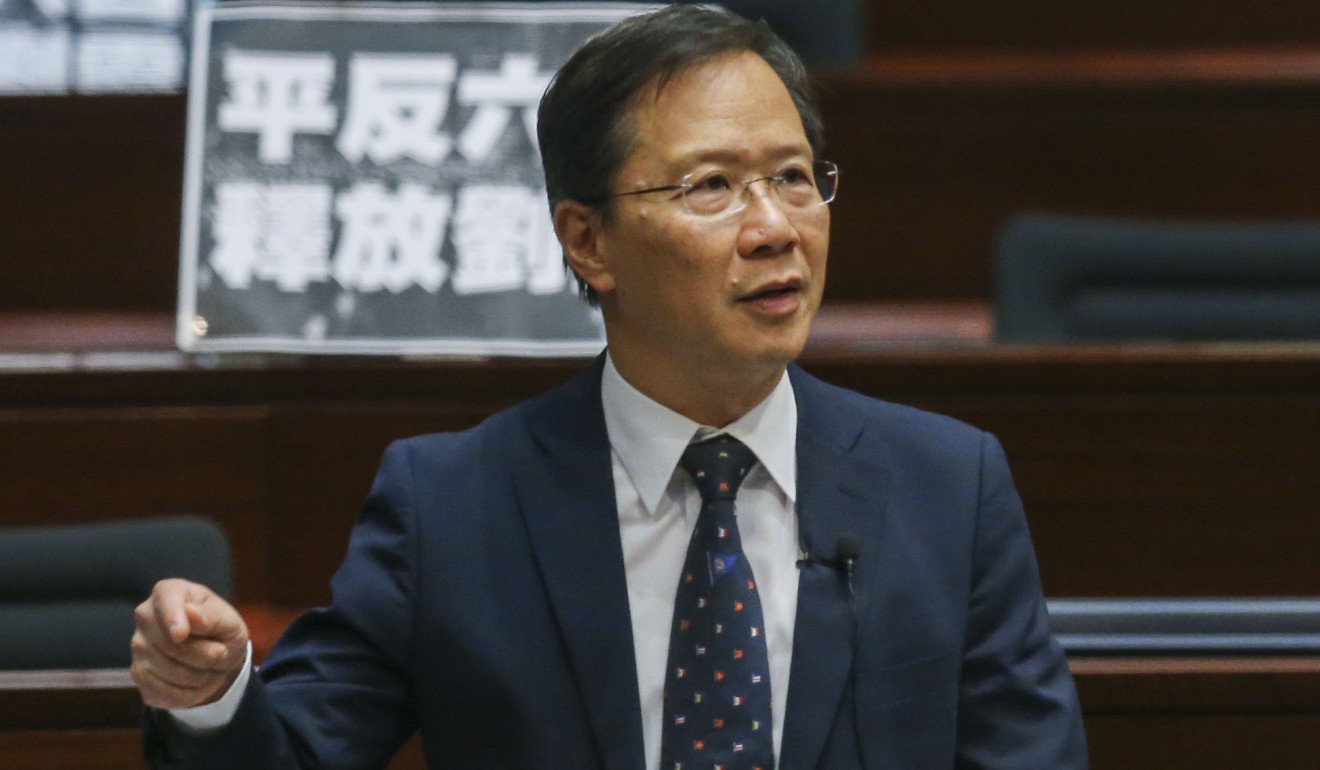
New Hong Kong private hospital CUHK Medical Centre out to lure public patients with price guarantees, as officials seek to ease strain on government facilities
Head of Sha Tin hospital set to open in 2020 says bosses developing package prices for range of medical services to attract middle-class patients
Hong Kong’s 13th private hospital, set to open in 2020, will be the only one to guarantee up front the price of all medical procedures in standard beds, in an effort to lure cost-conscious middle-class patients away from the overstretched public health care system.
CUHK Medical Centre in Sha Tin will price all of its services as packages so patients know before admission the entire cost of a procedure, to avoid being hit with unexpected bills on discharge.
The 606-bed hospital, wholly owned by the Chinese University of Hong Kong, is in talks with major insurers to develop coverage plans based on the move, according to chief executive Dr Fung Hong.
The government has already stipulated that the hospital and Gleneagles Hong Kong in Wong Chuk Hang price a certain percentage of their services in packages – the only two facilities to face such rules.

But Fung said: “Our aim [is] to offer package prices for all procedures done for our patients in standard beds”, as long as the patients are Hong Kong residents.
Standard beds are on wards with four patients per room.
The CUHK hospital is required to provide 70 per cent of its standard-bed services in package prices, higher than the 50 per cent at Gleneagles. The latter institution is owned by Parkway Pantai and NWS Holdings and opened in March last year with the University of Hong Kong as its clinical partner.
Private hospitals aren't giving their patients important price details, review finds
“We are in the process of discussing with several major insurance firms the package price design. [It] will take into account the introduction of the Voluntary Health Insurance Scheme,” Fung said.
That scheme is the government’s plan to nudge 1.5 million people towards private health care.

Through so-called “flexi” and other insurance plans with varying levels of coverage, subscribers will be covered until they are 100 years old and receive a tax break of up to HK$8,000 (US$1,020) a year. Premiums will be about HK$4,800 when the scheme is rolled out early next year, but those could rise.
A recent research paper from Hong Kong’s legislature found that while 2.4 million of the city’s 7.3 million people were covered by health insurance in 2016, only 57 per cent of the insured were treated in private hospitals.
Private hospital offers beds to help overcrowding in Hong Kong’s public wards – but may not take effect till after flu crisis
The study said this “indicated hesitation” to use private facilities because of restrictions on what insurers would pay for and possible disputes after treatment over claims.
The city has 43 public hospitals providing cheap services to anyone with a Hong Kong identity card. A one-night stay on a ward costs HK$120. Patients on welfare can use the services virtually for free.
“The guiding principle in the design of package prices is to make expenditure on hospital care more transparent and predictable for the patients, and facilitate insurance companies to design health plans that will provide better coverage and reduce out-of-pocket payments,” Fung said.

“In many private hospitals, package pricing is only offered for a limited number of procedures.”
The CUHK hospital was able to offer such a pricing structure because it was not profit-driven, he said.
Fung, who retired in 2013 as chief executive of Prince of Wales Hospital, a public facility in Sha Tin, said Chinese University’s role in the new centre was one of full governance rather than just clinical management.
The University of Hong Kong’s role in Gleneagles is confined to clinical governance – it does not own shares in the hospital and is not involved in the business.
Hong Kong’s new voluntary health insurance scheme to target young buyers with ‘attractive’ tax breaks
The CUHK facility plans to eventually have 516 in-patient beds and 90 day beds. Its first-class beds, which are in private rooms, and second-class beds, in which the patient shares with one other, will be priced differently from standard beds.
The hospital will open with 100 beds – 75 for inpatients and 25 day beds – and a further 100 will be added every year until capacity is reached.
A 24-hour clinic and 15 specialist medical centres will be on-site, offering a range of services including assisted reproduction, sports medicine, endoscopy, cancer therapy, cardiac intervention and integrated care for the elderly.

Dr Kwok Ka-ki, a private urologist and member of Hong Kong’s legislature, said the hospital must keep an earlier promise to offer affordable package pricing, because it had received a government loan on favourable terms rarely seen for private hospital projects.
The HK$6.33 billion facility was mainly financed by a five-year, interest-free loan from the government to the tune of HK$4 billion.
“I expect them to offer real packages which are economical and affordable, which was their original plan, and not be like any other private hospital,” Kwok said.
Dr Gabriel Choi Kin, a former president of the Hong Kong Medical Association, said packages would make pricing “clearer but not necessarily help poorer patients because the package price may not be particularly low”.
A source familiar with the hospital’s operations said the centre wanted to differentiate itself from competitors by refraining from recommending services unless absolutely necessary.
To adequately staff the hospital amid a citywide shortage of medical professionals, managers had their eye on doctors who had just retired or were about to retire from public facilities, the source added.
“We have some doctors who are still passionate about serving but need to retire from public hospitals,” the source said.

